The president of the Ahead association tells us about the projects in the organisation and how the poverty that is brought on by the pandemic is affecting the most vulnerable groups.
What is Ahead?
Ahead is an association of human rights’ educators from formal education, community mediation and non-formal education settings working with youths and children. We educate on a skills-based approach working on cognitive aspects, tools and attitudes of respect towards human equality and dignity.
How do you do Human Rights’ Education?
We use different work methodologies, such as leisure activities with children and youths, or training courses for professionals in the field of education. We focus mainly on developing non-formal educational methodologies to work on attitudes and values. Our actions range from working at the local level to the international level, with projects in Europe through the European Network of Human Rights’ Education, and also in the Mediterranean, with organisations in the eastern and southern shores of the Mediterranean.
What activities do you use for this?
One of our initiatives is the project Living library of the City Refuge. We invite citizens to join a space where we promote dialogue with refugees and newly-arrived people to foster interaction and conversation, while raising awareness and explaining the reality of migration and of population coming from different cultural contexts living in the city.
In this living library, the “books” are real persons who are ready to enter into a dialogue and share their life stories and experiences with the aim of bringing down prejudice and promoting the value of diversity.
What groups do you work with?
We have several projects running in our organisation with migrants, such as ‘Not Alone’, an initiative that helps refugees that have had to flee their countries of origin because of their sexual orientation. We also work with children and youths in a vulnerable situation here in Catalonia who are lacking a support network. We also continue to work directly with education professionals, people working in community mediation and with professionals working with youths.
What is the impact of poverty in the current context?
Poverty is present in all aspects of society. What is becoming more visible in these times is the feminisation and racialisation of poverty. One of the aspects that worry us the most is how poverty is directly affecting the education of children and youths, both in formal education settings and also in leisure activities, which are complementary and equally necessary.
How do you work with this in your organisation?
We believe that it is necessary to guarantee health and nutrition rights, and the right to a decent, safe and adequately paid job to overcome poverty. We also fight for access to education, since one of the direct impacts of poverty is the difficulty that children and youth have in accessing education, both formal and non-formal.
What are the consequences of chronic poverty?
It is a serious problem when children can’t access education and it hampers their daily lives, but the worst bit of all is that this problem also has a negative impact in the long term. If these youths haven’t had an education, in some years they won’t be able to access decent jobs and therefore won’t grow as critical citizens; this makes it very difficult for them to escape from the spiral of poverty. It’s a snowball that just gets bigger and bigger, and it’s nothing new.
On the other hand, we must also realise that fighting against poverty doesn’t only benefit the most vulnerable collectives, it also benefits citizens in general and it contributes towards a society that is based on human dignity and improves through social cohesion and inclusion.
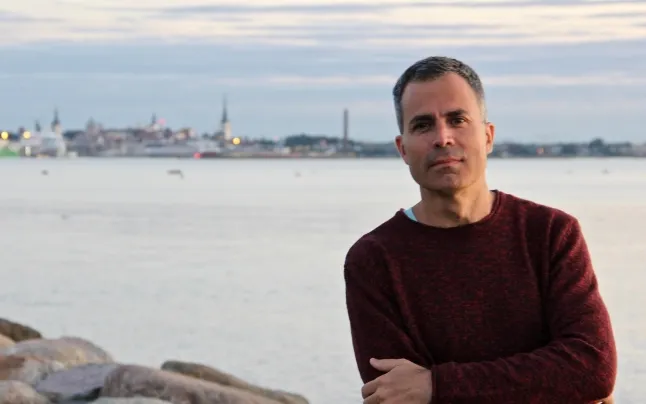
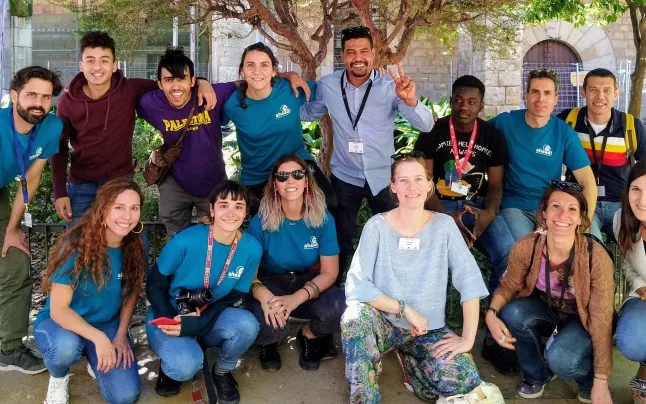


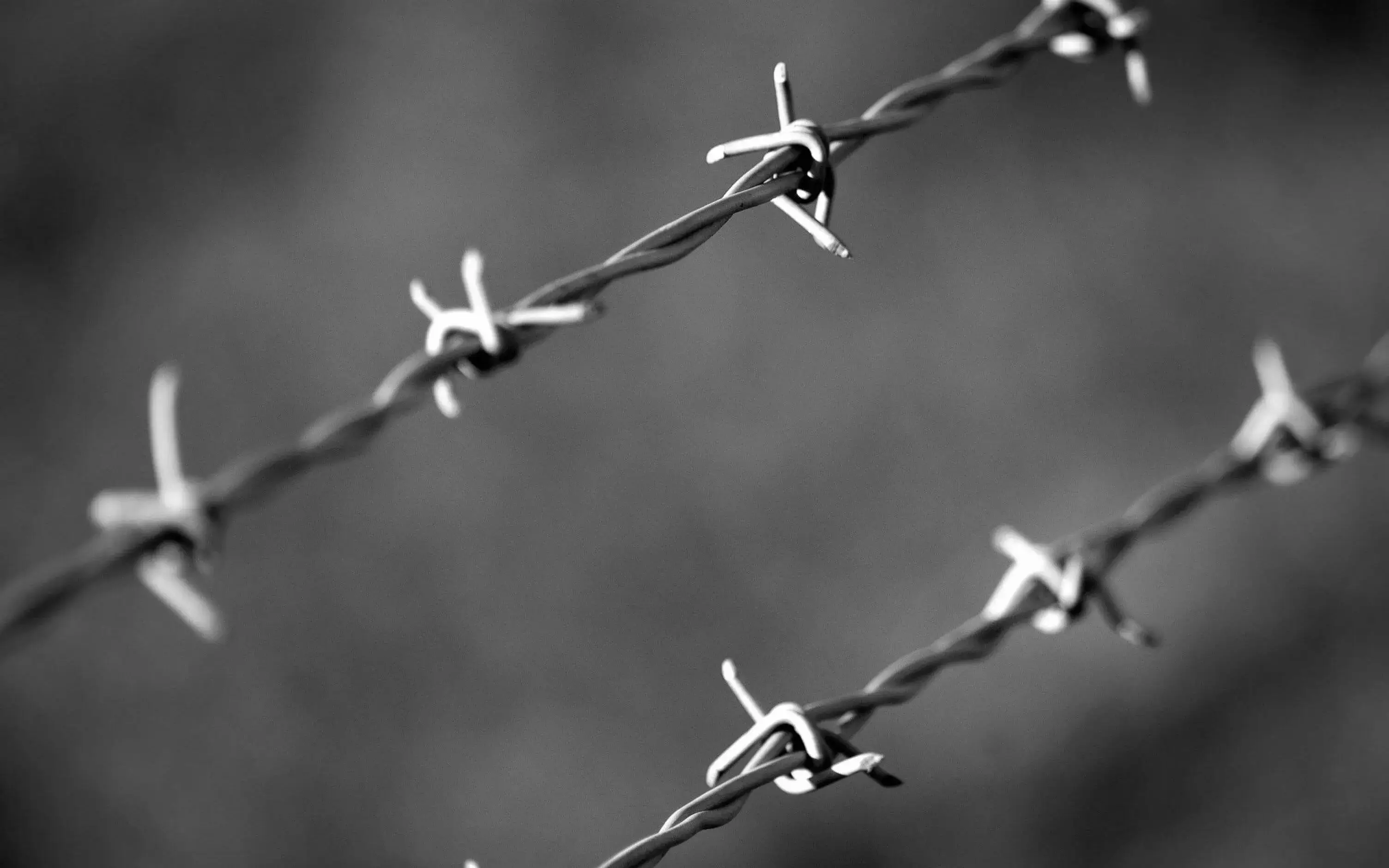
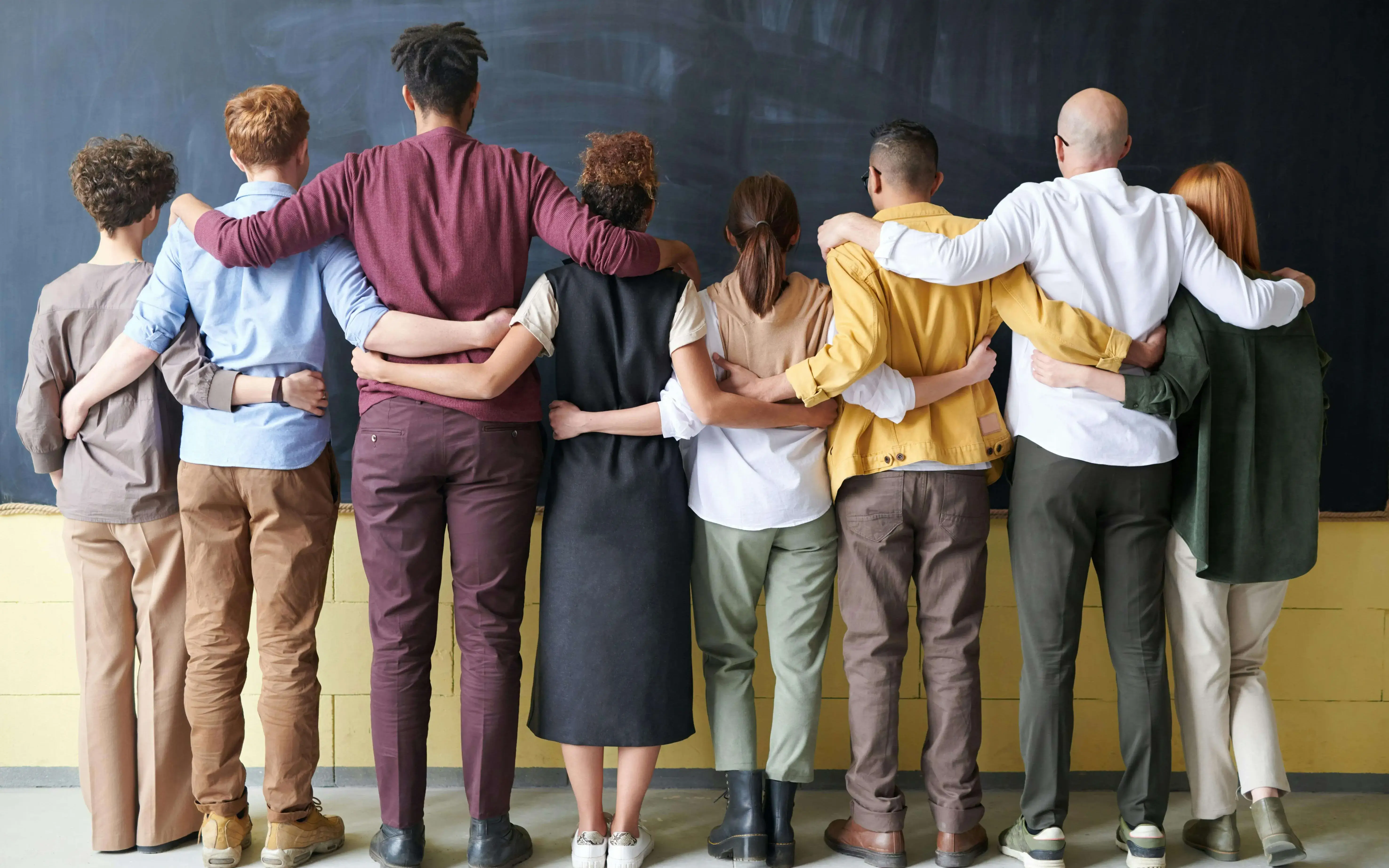
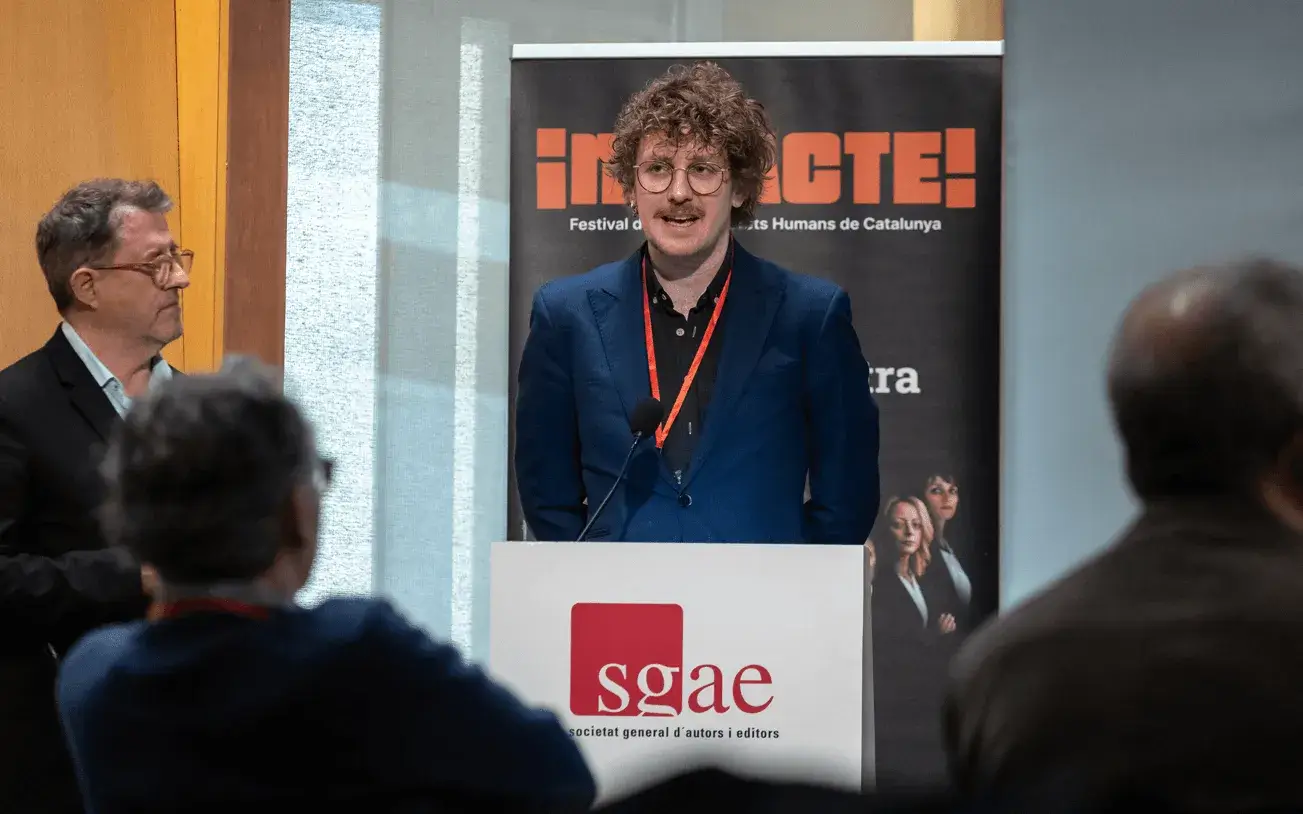
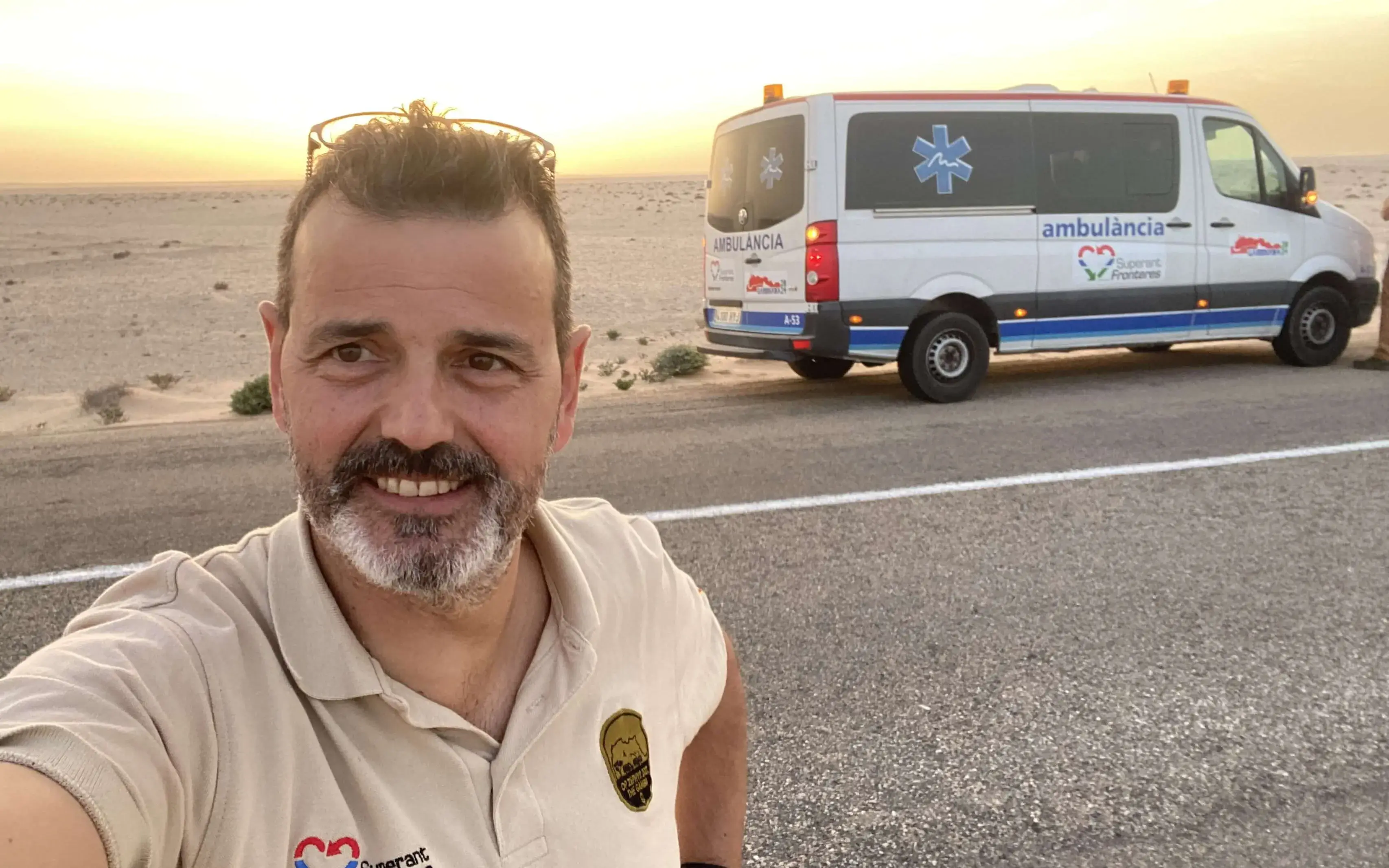
Add new comment